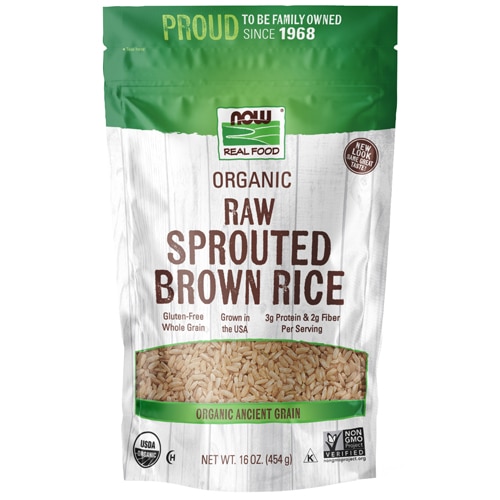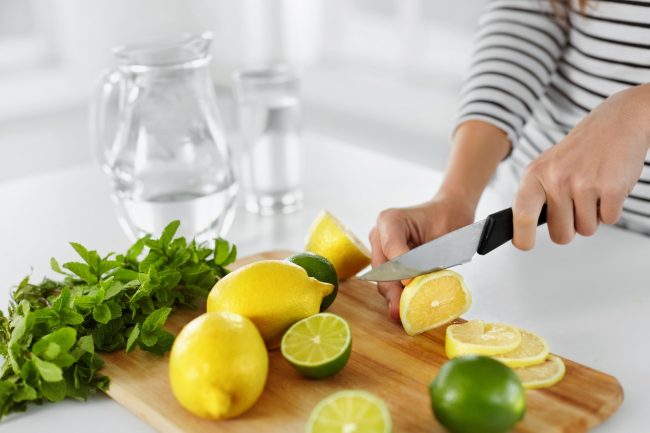I am not a faster, one of those people who does well drinking lemon juice and maple syrup for days on end. I am not a fad dieter, nor am I anti-carb or gluten-free. I believe in eating whole food, organic when possible, and mostly plants. I’m a three-meals-a-day kind of woman.
But I also get sloppy and resort to organic protein bars, frozen food and other less-than-ideal meals. My old habits reassert themselves now and then, which is why I find myself needing to reset my eating habits periodically and find my ground again. Better yet, start a clean slate.
This requires giving up many of my comforts: white sugar, dairy, caffeine, alcohol and refined carbs. After three weeks or so on a cleanse, I experience what food tastes like with a clear palate. I regain momentum to eat clean and put more effort into cooking. That is the beauty of a well-designed cleanse—it gives you the nudge you secretly crave.
I’m no stranger to cleanses. I’ve eaten nothing but brown rice for weeks straight. I’ve eaten nothing but kichori (a rice-and-legume one-pot dish) for weeks, as well. I’ve sipped salt water, eaten raw fruit and tried other unsustainable diets. To me, the kind of cleanse that works best is the one that can seamlessly meld into real life, so the distinction between cleanse and the everyday begins to blur.
Enter Esther Cohen, MS, RD, a nutritionist who uses food as a vehicle for radical healing. As an integrative counselor, Cohen has lead group cleanses for two decades and just published the “Alchemy of Nourishment: The Art, Science and Magic of Eating.” Her cleanse is the fruit of many years of refinement—seeing what works, what’s sustainable and what’s simply delicious. Since most people have questions regarding what it is a cleanse and what that means, the following Q&A with Cohen does a great job of laying out the basics.
Who needs to cleanse?
Everybody. We are all exposed to daily environmental toxins in the air we breathe, water we drink and especially the foods we eat—rare the person who can totally avoid pesticides, glycophosphates, food colorings, additives and sweeteners. Once or twice a year we regularly clean the filters and change the fluids in our automobiles so our cars run more efficiently with less wear and tear on the engine. In the same way, the mitochondria (the engine within our cells) need to be cleaned or detoxed in order for the cell to produce energy and run effectively.
Q: What’s the difference between a cleanse and a detox?
A: Really very little. But when I refer to a detox diet, I am referring to a deep cleanse that will get into the cellular matrix.
Q: How do I decide what kind of detox to do?
A: It depends on your state of health. The healthier you are, the easier the detox. If your health is compromised, be gentle. The first step is to eliminate all processed foods, artificial flavorings, food coloring and preservatives. Eliminate sugar. During the cleanse itself, you need to eliminate foods that may cause inflammation such as wheat, dairy, eggs, soy and corn. After elimination, I find it effective to support the liver’s natural detoxification process with herbs or nutraceuticals.
Q: When's the best time to do a cleanse?
A: It is best to cleanse when the weather is warm so you do not put extra stress on the body.
Q: What’s the difference between a fall cleanse and a spring cleanse?
A: The fall is more restorative and is designed to enhance the immune system to fortify and prevent colds and flu. It focuses on cleansing the lungs and large intestine. A spring cleanse focuses on strengthening the liver and gallbladder. It moves stagnation that builds up during the winter and invigorates the entire body.
You can also support your cleansing efforts during the winter by eating warming foods, including a lot of root vegetables. Try to avoid processed comfort foods, such as toast and fried foods. Instead, opt for baked fruit and roasted vegetables.
Q: How should I prepare for a cleanse?
A: First eliminate the foods mentioned above (processed foods, artificial flavorings, etc.), plus caffeine and foods you suspect are allergens. Set an intention so that eliminating foods is not a punishment but a gift to yourself to improve your health and vitality
Q: Will I lose weight during a cleanse?
A: Most likely, you will lose weight due to eliminating sugars and improving digestion.
Q: How will my digestion be affected by a cleanse?
A: It may feel unusual at first, but your digestion will regulate quickly.
Q: What’s involved with a cleanse?
A: Cleansing is a commitment to self-care. We all value our productivity in the world over self-nurturing time. It can take as much, or as little, time as you are willing to commit; but planning ahead is essential. Have what you need on hand to prepare or know exactly what you need to purchase for your meal that day. You can prepare food for two meals at one time, but best not to eat leftovers for more than 24 hours, as they lose their life force.
There are many ways to cleanse and many detox products that can help you along the way. If you have any more questions about cleansing and how it all works, leave a comment below.




